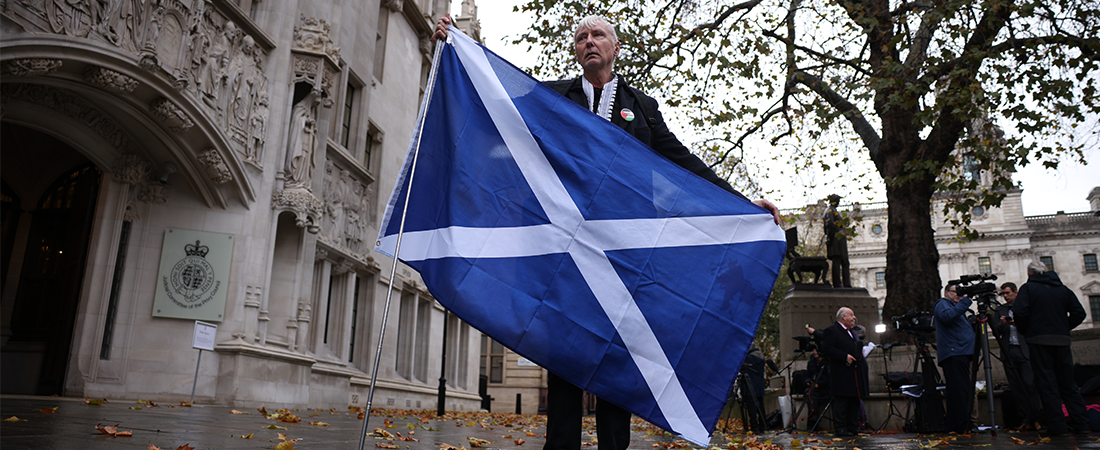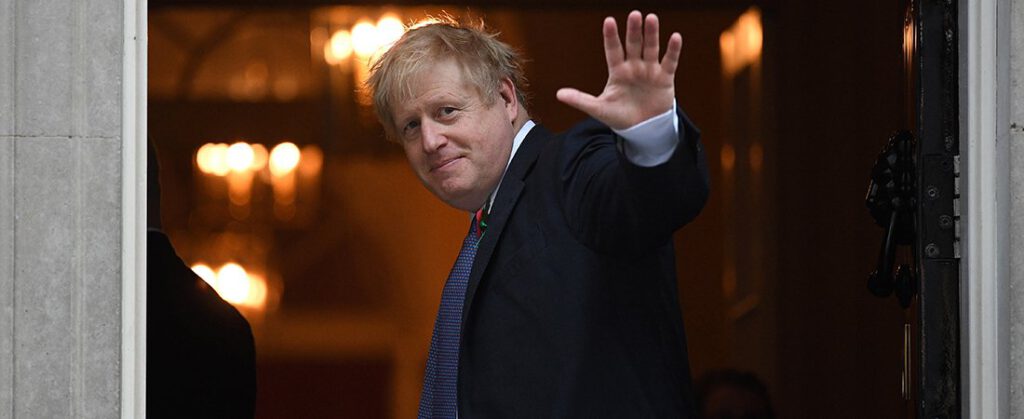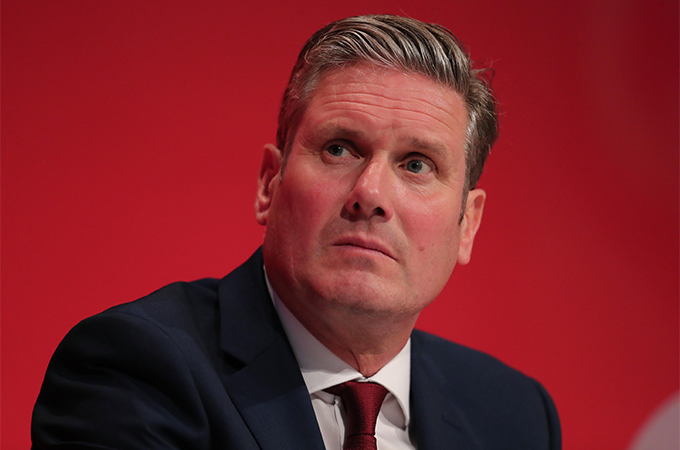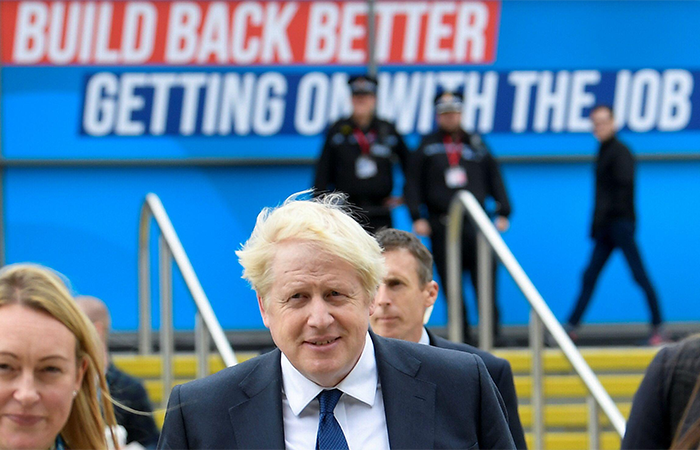Ever since dawn broke on Alex Salmond’s famous victory in 2011, when the SNP not only defied expectations to win the Scottish parliamentary elections but emerged with an overall majority, the political agenda in Scotland has been dominated by the issue of Scottish independence. Nearly a decade after the conclusion of the historic 2014 referendum, Scottish political debate remains firmly in the grip of the constitutional question, with Bute House and Downing Street engaged in a standoff over a second vote on the matter.
Nicola Sturgeon’s government argues that it has the mandate to put the question to the Scottish people again, given the multitude of successive SNP election victories since 2014 and the issue of Brexit, which two-thirds of Scots voted against. The UK Government however disagrees, pointing towards the First Minister’s repeated claims that the poll was a “once-in-a-lifetime event.”
The 2014 independence referendum was made possible because then Prime Minister David Cameron agreed to temporarily transfer powers to the Scottish Parliament to allow it to legislate for the plebiscite. However, Downing Street has given no indication it is willing to agree to this process again, with successive Prime Ministers rebuking the First Minister’s requests for a second transfer of powers from Westminster to Holyrood.
By referring the matter to the Supreme Court, the First Minister had hoped to break the constitutional deadlock and secure a verdict that would ultimately provide a pathway to holding a second vote. However, the Court returned a ruling which failed to confirm Holyrood’s power to legislate for a second plebiscite, noting that even an advisory referendum would have significant political consequences relating to the union that couldn’t be readily dismissed.
Whilst Downing Street is likely to view this outcome as a win, the optics of this case play to the First Minister’s narrative that the UK is not a voluntary partnership of equals and risks driving support for independence north of the border – a scenario which Number 10 strategists will be acutely aware of. Above all, Prime Minister Rishi Sunak will be aware that as we near the decade mark of that historic vote, “now is not the time” is not going to cut it for very much longer. He needs a longer-term strategy to keep the union intact and a better answer to the constitutional question.
For the First Minister, this judgement is a significant setback, as it removes the long-standing legal ambiguity over whether the Scottish Parliament could theoretically deliver a poll and has effectively scuppered her plans for an October 2023 referendum.
However, whilst this ruling presents a roadblock for Nicola Sturgeon, it does not necessarily constitute a dead-end. In her response to the court’s decision, she confirmed her next steps would be to convene an emergency party conference at the start of next year to discuss the details of her last-ditch attempt to secure independence under her rule: using the next General Election as a de-facto referendum on Scottish independence.
Nicola Sturgeon now faces the tricky question of setting out how a de facto referendum would work in practice, including those to which she doesn’t know the answers at this stage. Will the SNP form an electoral pact with other independence-supporting parties? What would the threshold for success be? How could the Scottish Government attempt to implement an affirmative result without the support of the Supreme Court and the UK Government?
Downing Street would never accept a General Election result as a genuine mandate to secede from the union, and it’s unlikely that the First Minister would consider the more drastic options purported by some in her movement, wary of the potential risk of backlash from the international community and the recent experience of Catalonia.
And what of the people? The Scottish electorate is a very different picture today compared with 2014. The events of the last eight years, most significantly Brexit and the pandemic, have turned the tide for even some of the most determined ‘No’ voters, while many nationalists don’t see this as being the right time to break away.
At the same time the First Minister will also have to contend with a resurgent Labour Party that looks capable of forming a government for the first time in seven years. To many voters in Scotland whose ambition is to rid the country of the Conservative Government, casting their ballot for Keir Starmer could represent a more attractive prospect than opting for independence.
But above all, if a referendum was held today, it’s still not certain which camp voters would back, with polls continuing to indicate that Scotland remains as divided on this issue as they were in 2014.
What is clear, however, is that far from bringing matters to a close, the recent ruling is yet another chapter in the independence saga. The UK Government may think it has won this battle but faces the challenging task of tempering a response that doesn’t put it further away from winning the hearts and minds of the Scottish people.





